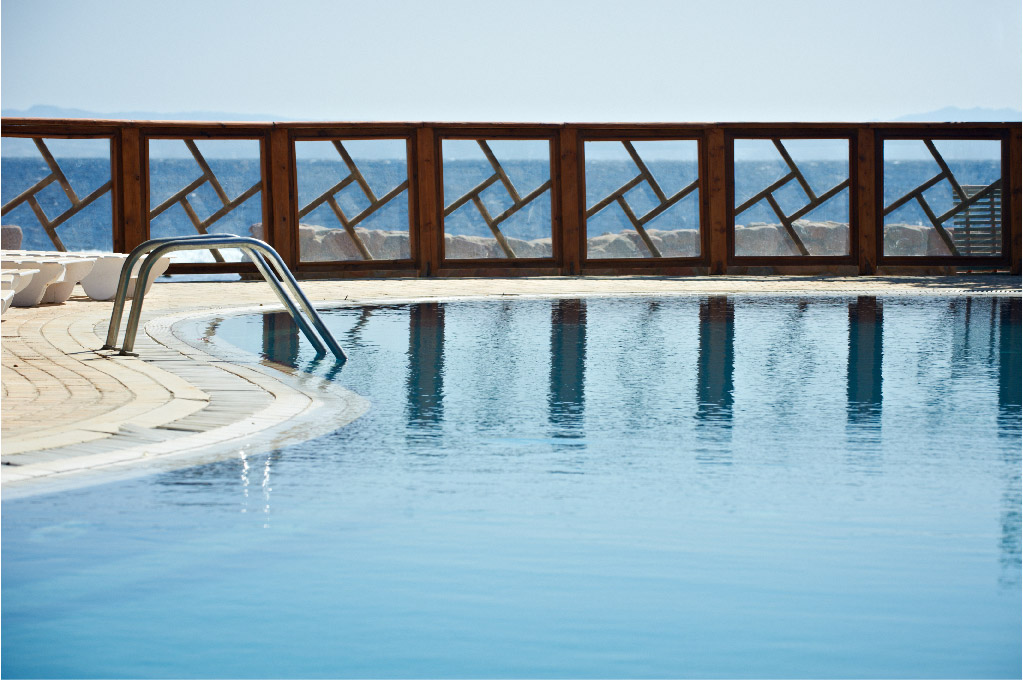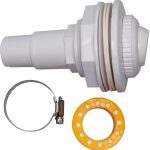
Choosing the Perfect Fence for Your Above Ground Pool: A Comprehensive Guide
Enhancing Safety, Aesthetics, and Functionality with the Right Above Ground Pool Fence
Introduction
A fence around your above ground pool serves several essential functions, such as providing privacy, enhancing safety, and adding a touch of style to your backyard oasis. With numerous styles, materials, and installation options available, it’s crucial to choose the right fence that suits your needs and complements your pool area. In this article, we’ll discuss the uses of pool fences, the various styles, installation methods, and the pros and cons of each to help you make an informed decision.
Uses of Pool Fences
- Safety: A pool fence serves as a barrier, preventing unsupervised access by children, pets, and unauthorized persons, reducing the risk of accidents and drownings.
- Privacy: A fence can create a private haven, shielding your pool area from prying eyes and offering a more secluded and comfortable swimming environment.
- Aesthetics: A well-designed pool fence can enhance the visual appeal of your pool area, adding to the overall ambiance and value of your property.
- Compliance: In many areas, local regulations require pool owners to install a fence around their pool to ensure safety and prevent unauthorized access.
Different Styles of Pool Fences
- Removable Mesh Fences: Removable mesh fences are made of durable, lightweight materials and can be easily installed and removed as needed. They offer excellent visibility and are perfect for temporary or seasonal installations.
- Aluminum Fences: Aluminum fences are lightweight, rust-resistant, and low maintenance. They come in various styles, including traditional picket designs and more modern, sleek options.
- Vinyl Fences: Vinyl fences are known for their durability, low maintenance, and versatile design options. They can be customized to mimic the appearance of wood or other materials and come in various heights and styles.
- Wooden Fences: Wooden fences offer a natural, timeless look and can be customized to suit your design preferences. They require regular maintenance to prevent rot and deterioration but can provide a sturdy, long-lasting barrier.
How to Install Pool Fences
- Determine the Fence Location: Measure and mark the perimeter of the pool area, ensuring that the fence will be at least 3-4 feet away from the pool’s edge to comply with local regulations.
- Choose the Fence Material and Style: Select a fence material and style that suits your needs, preferences, and budget. Consider factors such as durability, maintenance, and aesthetics when making your decision.
- Obtain Necessary Permits: Consult your local building department to determine if a permit is required for your fence installation and familiarize yourself with any local regulations regarding pool fencing.
- Install the Fence: Follow the manufacturer’s instructions for proper installation, ensuring that the fence is securely anchored and level. You may choose to hire a professional installer or opt for a DIY installation, depending on your skills and experience.
Pros and Cons of Pool Fences
Pros:
- Enhanced Safety: A pool fence provides an additional layer of security, reducing the risk of accidents and unauthorized access to the pool area.
- Privacy: A fence can offer privacy, creating a more comfortable and secluded swimming environment.
- Aesthetic Appeal: A well-designed fence can enhance the visual appeal of your pool area, adding value and style to your property.
- Compliance with Regulations: Installing a fence around your pool helps ensure compliance with local safety regulations.
Cons:
- Installation Costs: Installing a pool fence can be an added expense, particularly for high-end materials or professional installation.
- Maintenance: Depending on the fence material chosen, regular maintenance may be required to keep your fence in good condition.
- Obstructed Views: Some fence styles and materials may obstruct the view of your pool area, potentially impacting the overall aesthetic appeal.
- Installation Challenges: Installing a fence around an above ground pool may present challenges, particularly for uneven or irregularly shaped pool areas.
Conclusion
Choosing the right fence for your above ground pool involves considering several factors, including safety, privacy, aesthetics, and local regulations. With various styles and materials available, it’s essential to select a fence that complements your pool area while meeting your specific needs and preferences. By understanding the pros and cons of each type of fence and following proper installation guidelines, you can create a safe, stylish, and functional barrier that enhances your backyard swimming oasis.
Recommended Products
- Taylor K-2006 Complete Test Kit
- In The Swim 3-Inch Chlorine Tablets
- AquaChek 7-Way Test Strips
- Dolphin Nautilus CC Plus Robotic Cleaner
As an Amazon Associate, we earn from qualifying purchases.




